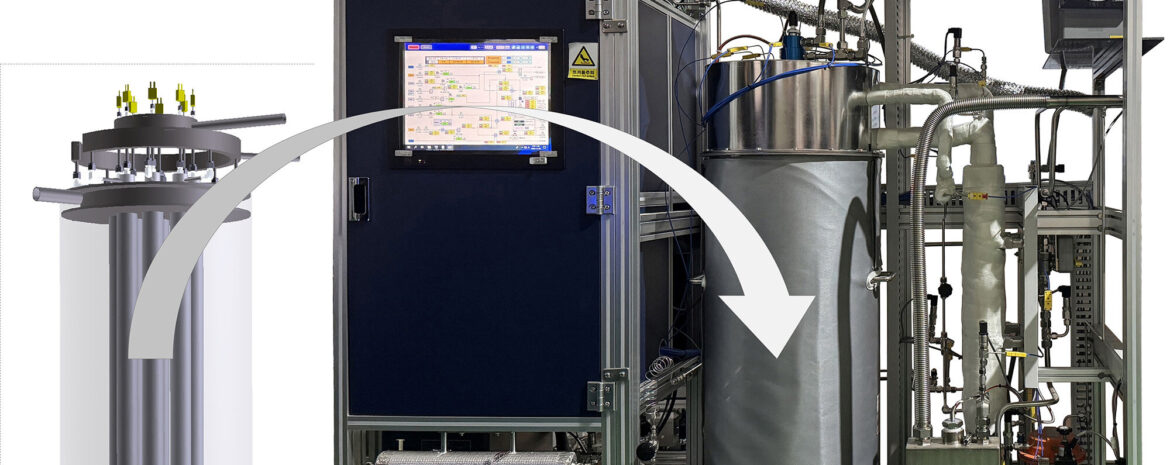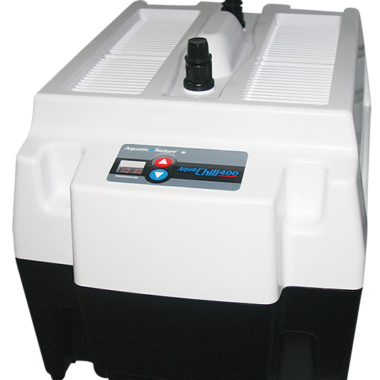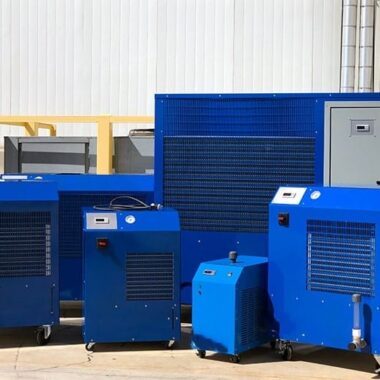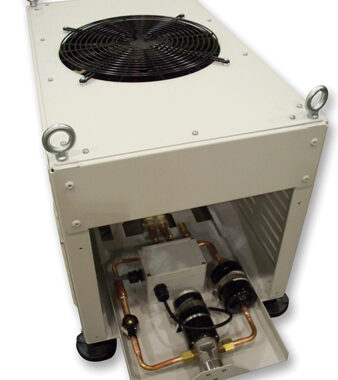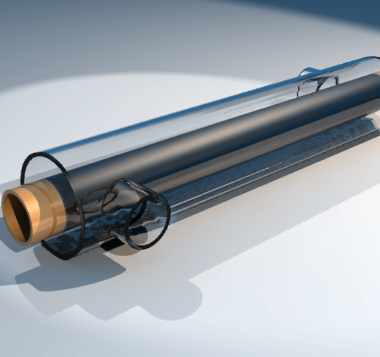Zero-Carbon Chillers
Introduction
Zero-Carbon Chillers represent a transformative step toward achieving sustainable cooling solutions that align with global efforts to reduce carbon emissions. These chillers are designed to operate with minimal or zero reliance on fossil fuels, utilizing renewable energy sources like solar, wind, or geothermal power to provide efficient cooling while dramatically reducing the environmental footprint. By integrating advanced technologies such as energy-efficient compressors, variable speed drives, and thermal energy storage, zero-carbon chillers are not only reducing operational costs but also contributing to a cleaner, more sustainable future.
Key Points
Eco-Friendly Refrigerants
Traditional chillers rely on refrigerants with high global warming potential (GWP). zero carbon chillers prioritize low-GWP and natural refrigerants like ammonia, CO2, or hydrofluoroolefins (HFOs), which significantly reduce the carbon footprint of the cooling process.
Renewable Energy Integration
zero carbon chiller are designed to integrate with renewable energy sources, such as solar, wind, or hydropower. These systems can be powered entirely by renewable energy, further reducing their reliance on fossil fuels and minimizing greenhouse gas emissions.
Energy Efficiency Enhancements
Advanced technologies like variable-speed drives, optimized heat exchangers, and smart controls ensure that zero carbon chiller operate at peak efficiency. This reduces energy consumption while maintaining optimal cooling performance, even in fluctuating conditions.
Heat Recovery Systems
zero carbon chiller often incorporate heat recovery systems, capturing waste heat from the cooling process and repurposing it for other applications, such as water heating or building heating. This not only increases overall system efficiency but also lowers energy usage.
Modular and Scalable Design
Many zero carbon chiller systems are modular, allowing for easy scalability based on cooling demand. This flexibility ensures that facilities only use the cooling capacity they need, which minimizes energy waste and enhances the sustainability of the system.
Smart Monitoring and Predictive Maintenance
IoT-enabled sensors and smart monitoring systems are integral to zero carbon chillers. These systems continuously track performance, energy usage, and potential issues, enabling predictive maintenance and optimizing the system’s operational efficiency.
Compliance with Global Standards
zero carbon chiller meet or exceed stringent international standards for energy efficiency and environmental impact, such as those outlined by the Paris Agreement or regional regulations on refrigerants and emissions.
Reduction in Operating Costs
Although the initial investment for zero carbon chiller may be higher, their energy-efficient technologies and use of renewable energy reduce long-term operating costs. Over time, companies can benefit from significant savings on energy bills and maintenance.
Grid Independence and Resilience
Zero carbon chillers that rely on renewable energy sources, such as solar panels or wind turbines, can operate independently from the grid. This provides greater resilience against power outages or grid fluctuations, ensuring continuous cooling operations even during energy disruptions.
Water Conservation Technologies
Zero-carbon chillers often include water-efficient cooling technologies, like evaporative cooling and closed-loop systems, to reduce water consumption. These solutions contribute to conserving natural resources while maintaining cooling efficiency.
Carbon Offsetting and Credits
Companies that adopt zero-carbon chillers may qualify for carbon credits or other financial incentives from governments and environmental agencies. These credits can be traded or used to offset the company’s overall carbon emissions, aligning with sustainability goals.
Enhanced Corporate Social Responsibility (CSR)
Implementing zero-carbon chiller systems strengthens a company’s CSR profile. By actively reducing emissions and improving sustainability practices, businesses can improve their reputation, attract environmentally conscious investors, and align with global sustainability initiatives.
Conclusion
Zero-carbon chillers represent a critical step forward in achieving net-zero cooling. By combining renewable energy sources, advanced efficiency measures, and environmentally friendly refrigerants, these systems are paving the way for a more sustainable future. As industries across the globe strive to reduce their carbon footprint, the adoption of zero-carbon chillers will play a vital role in meeting both environmental regulations and corporate sustainability targets.


